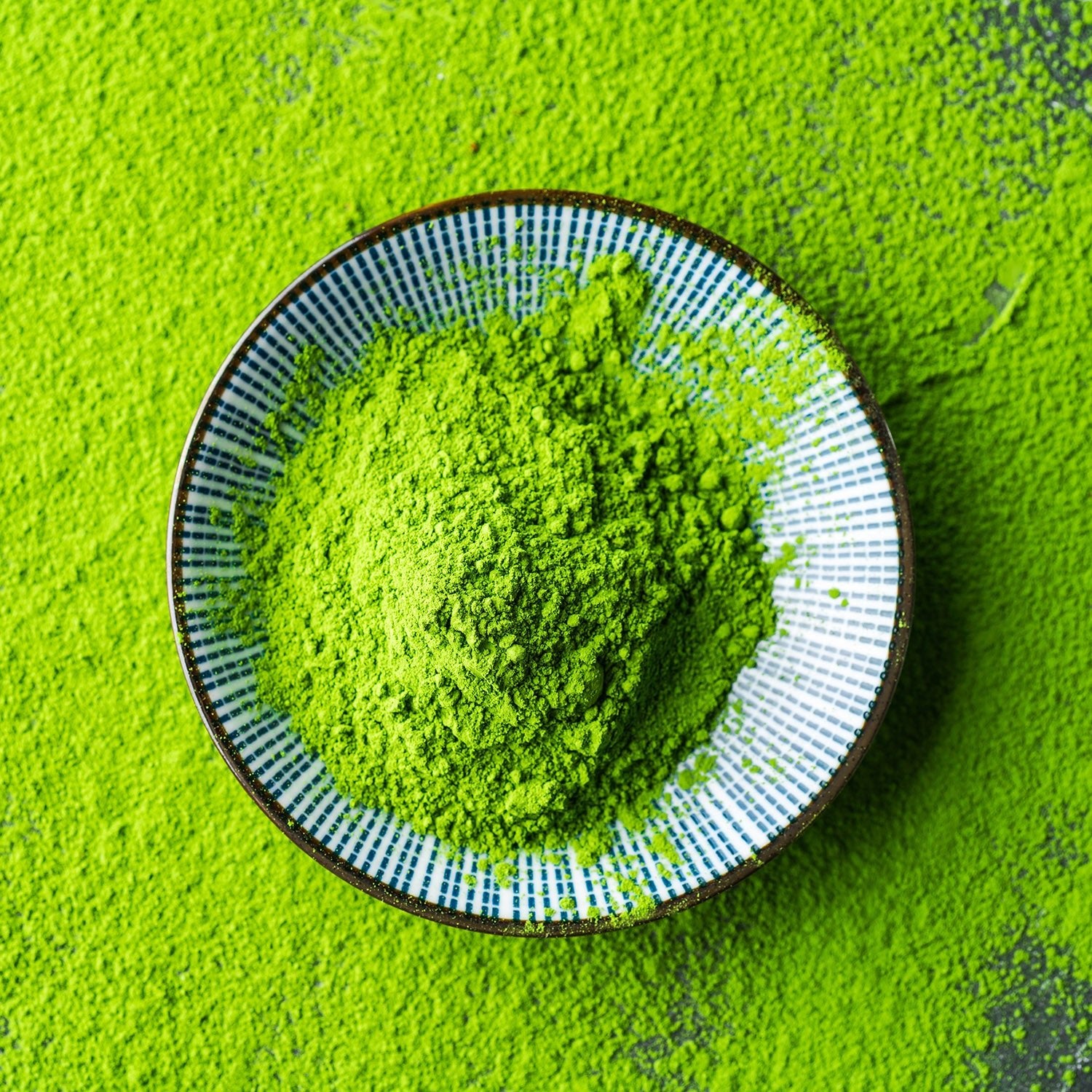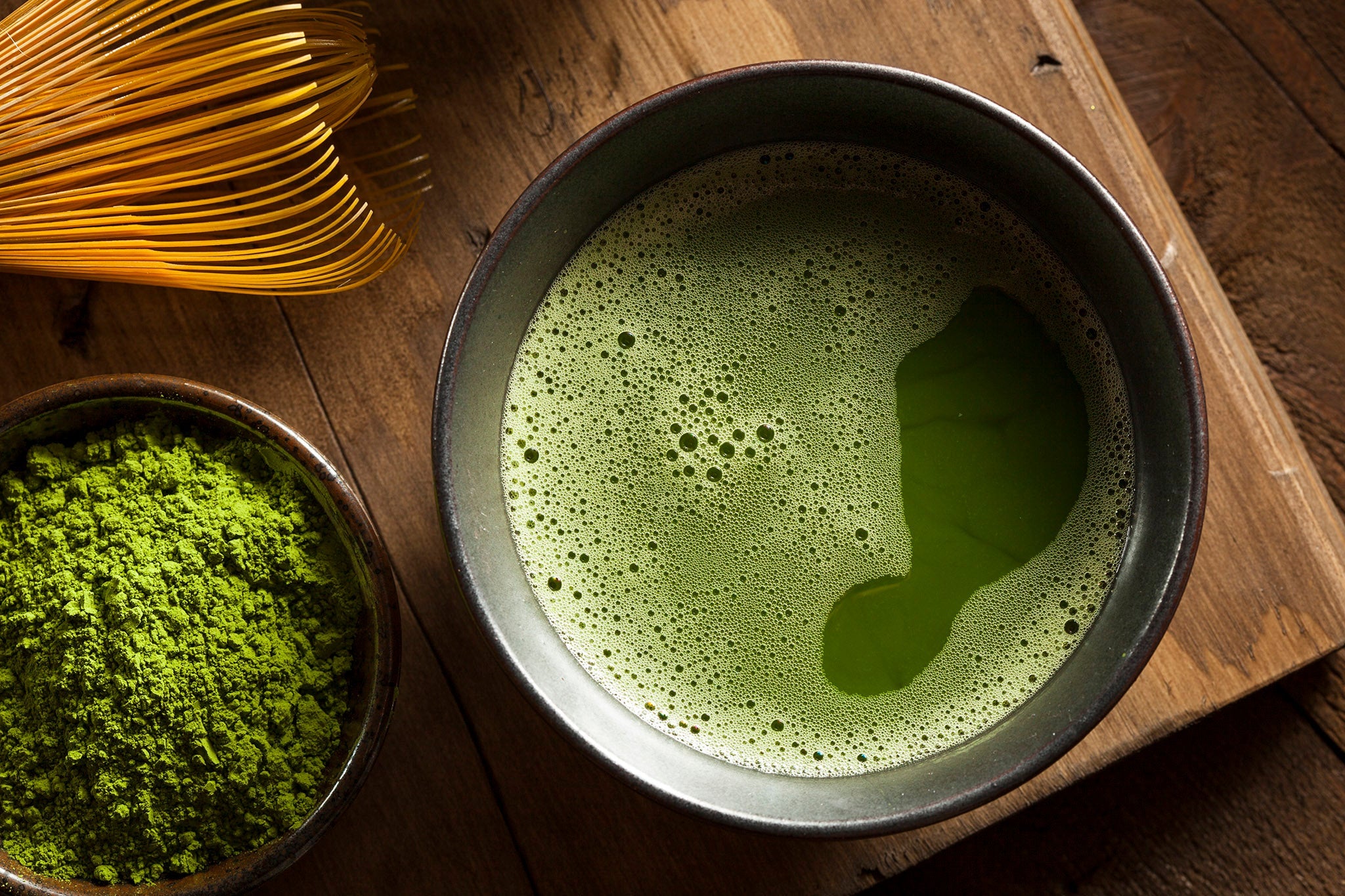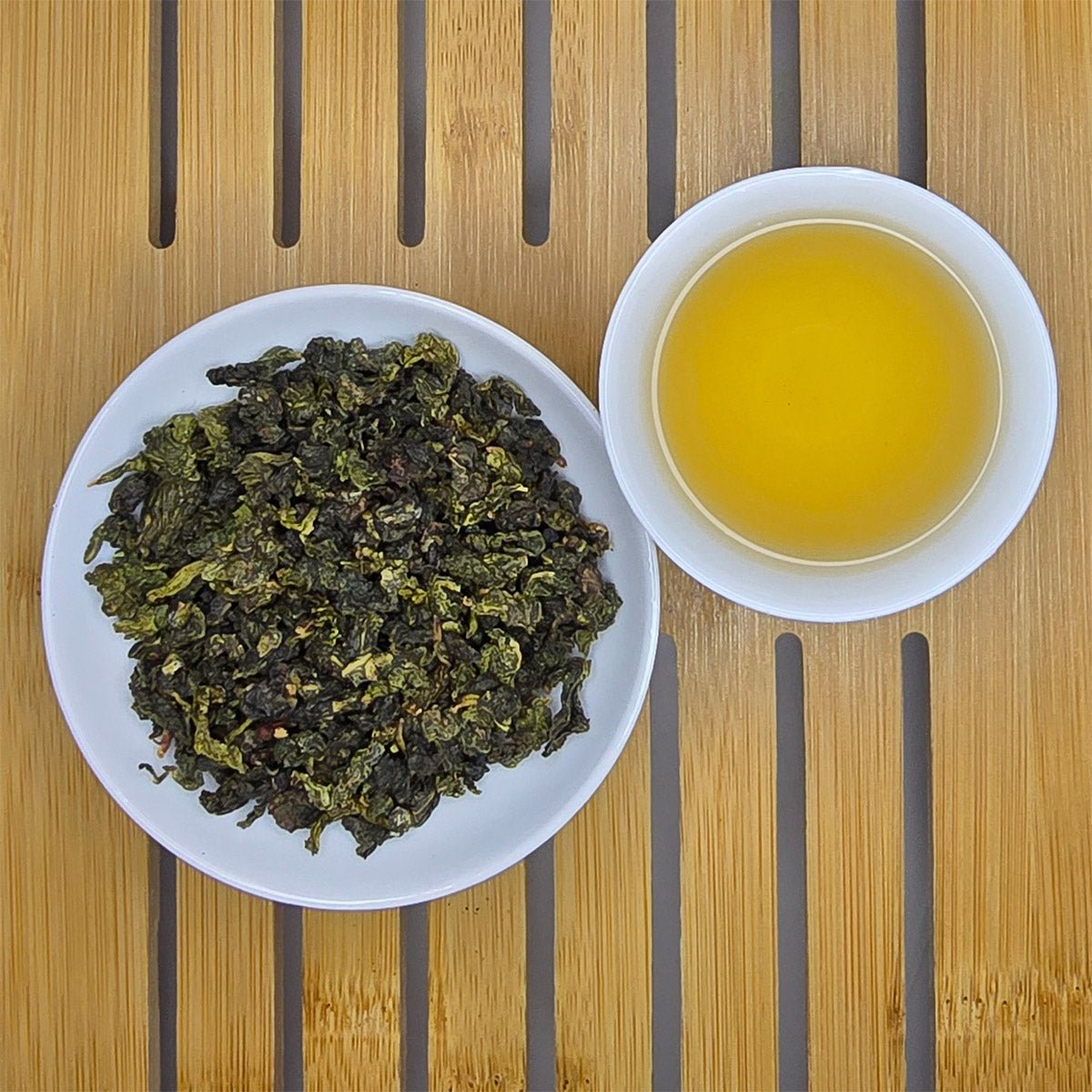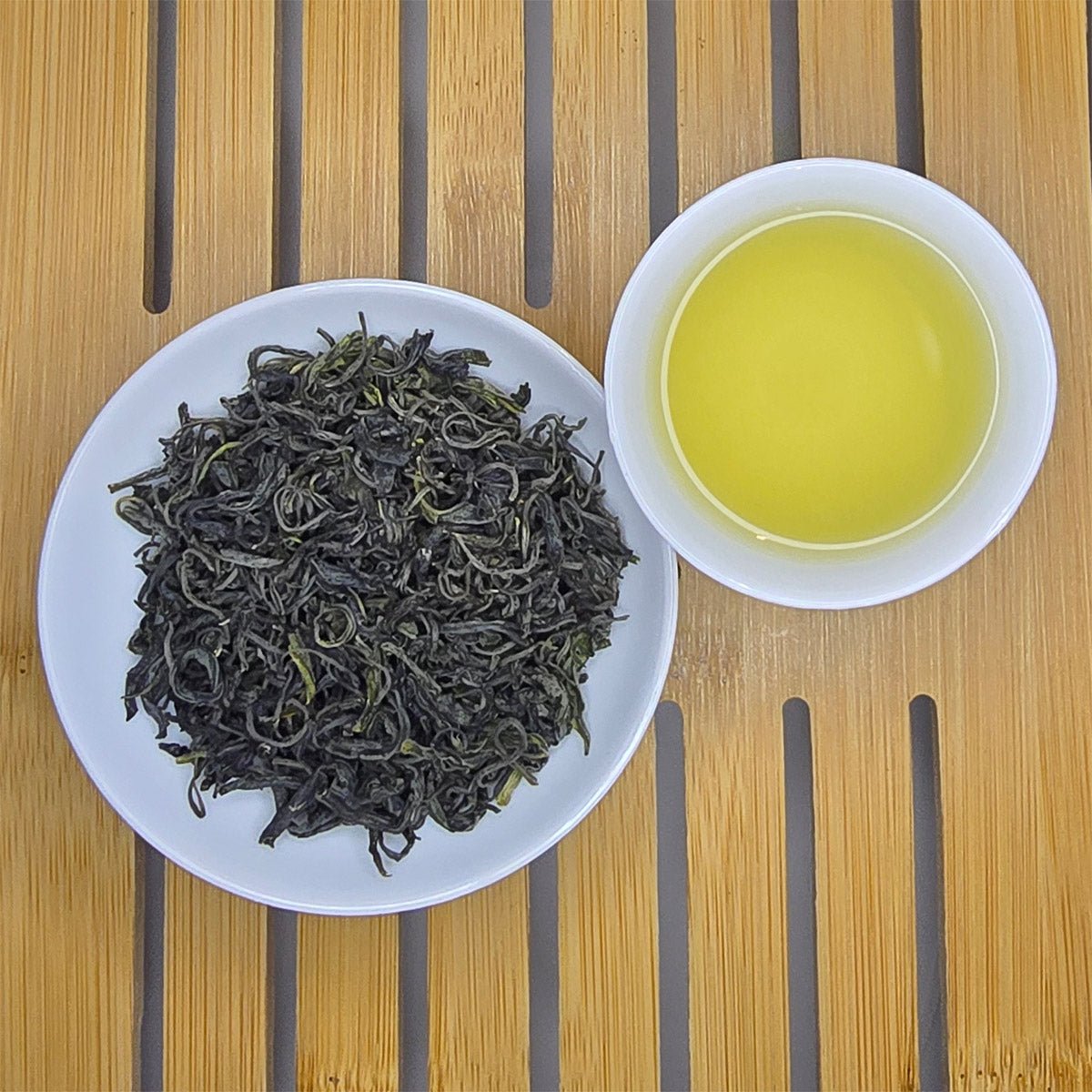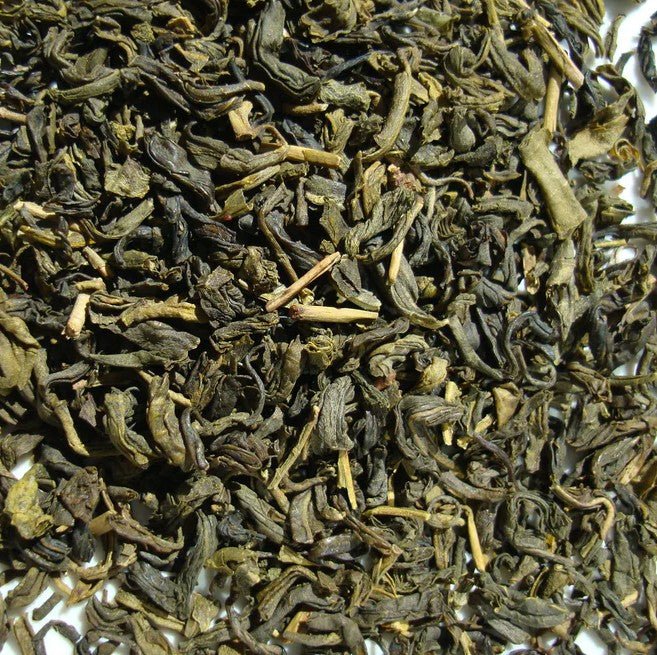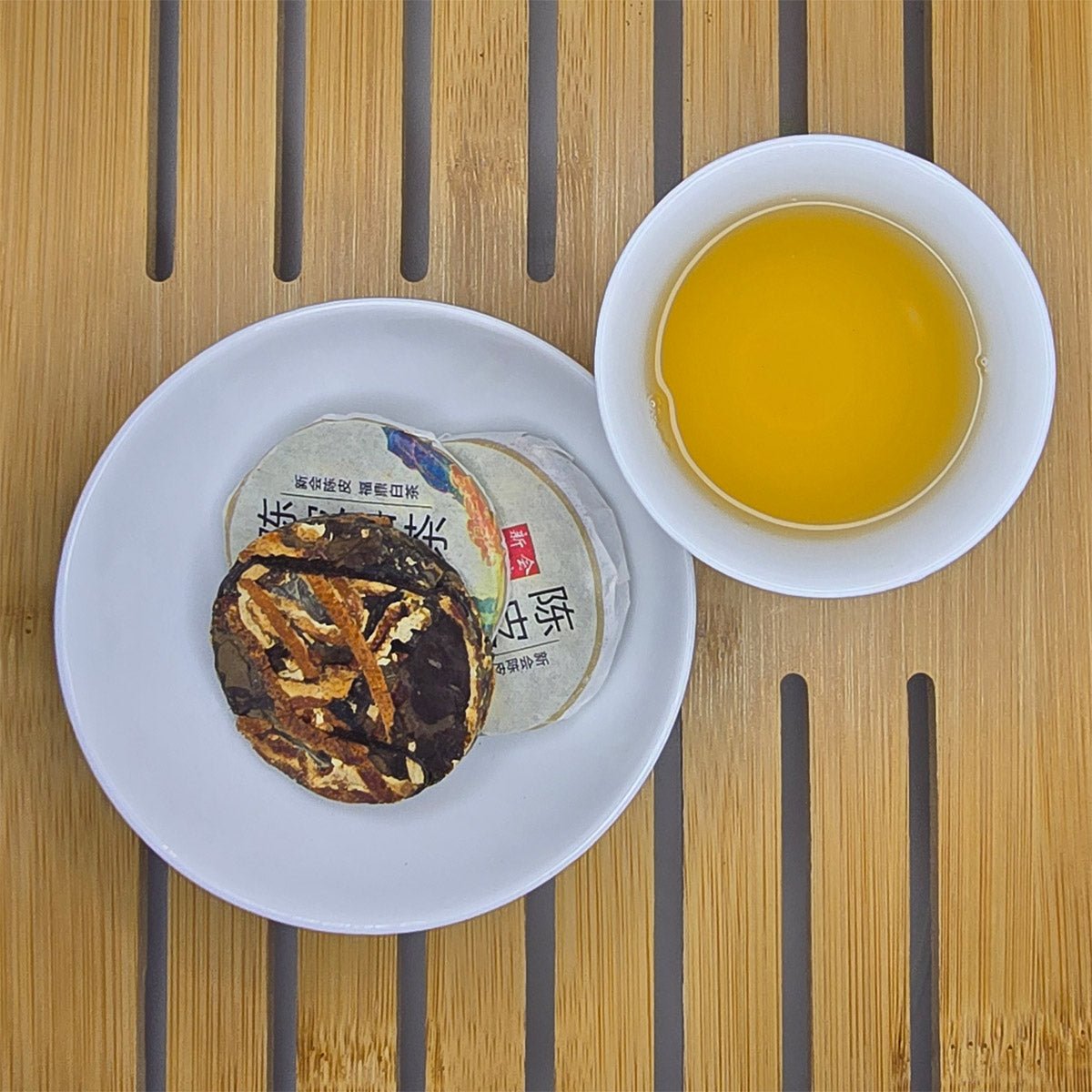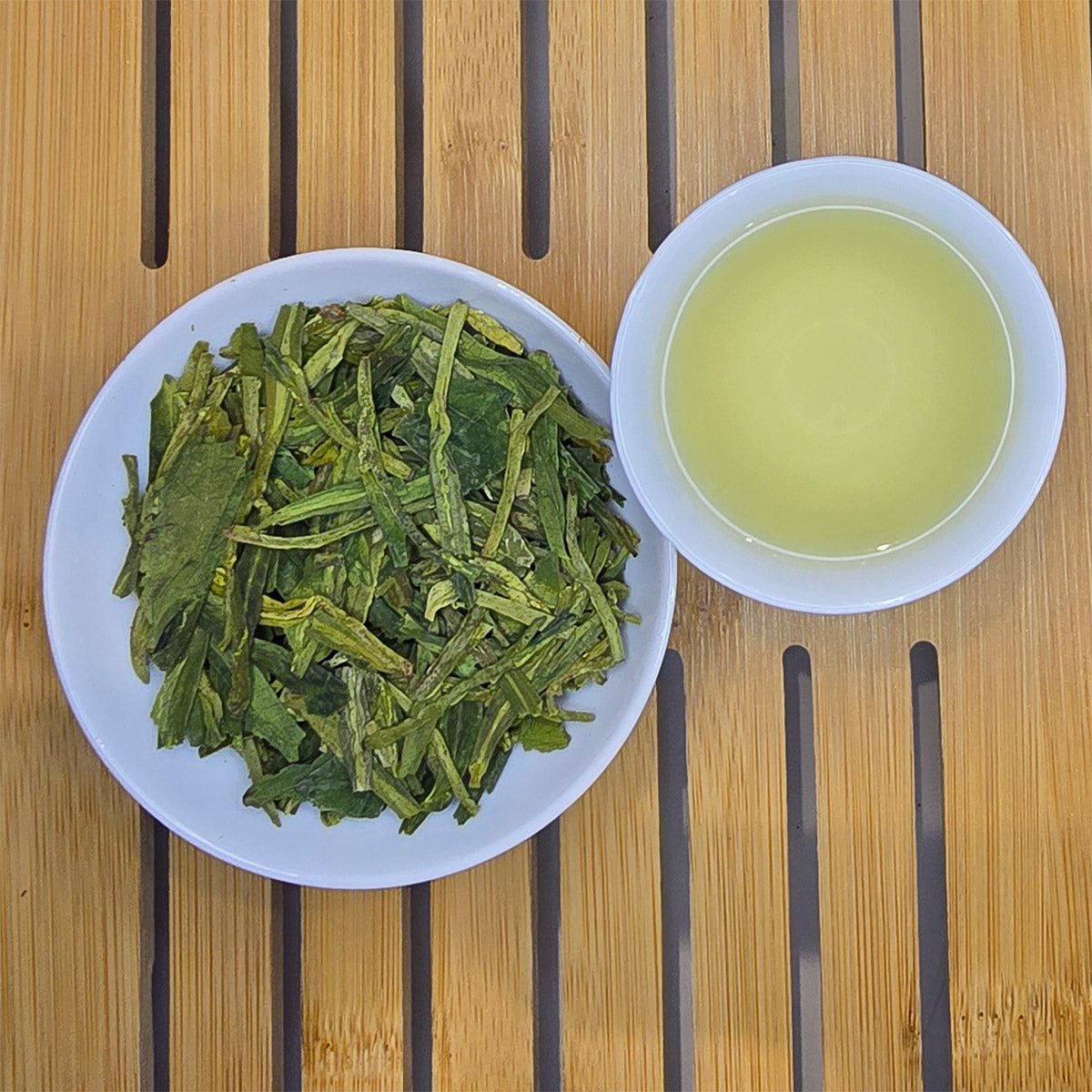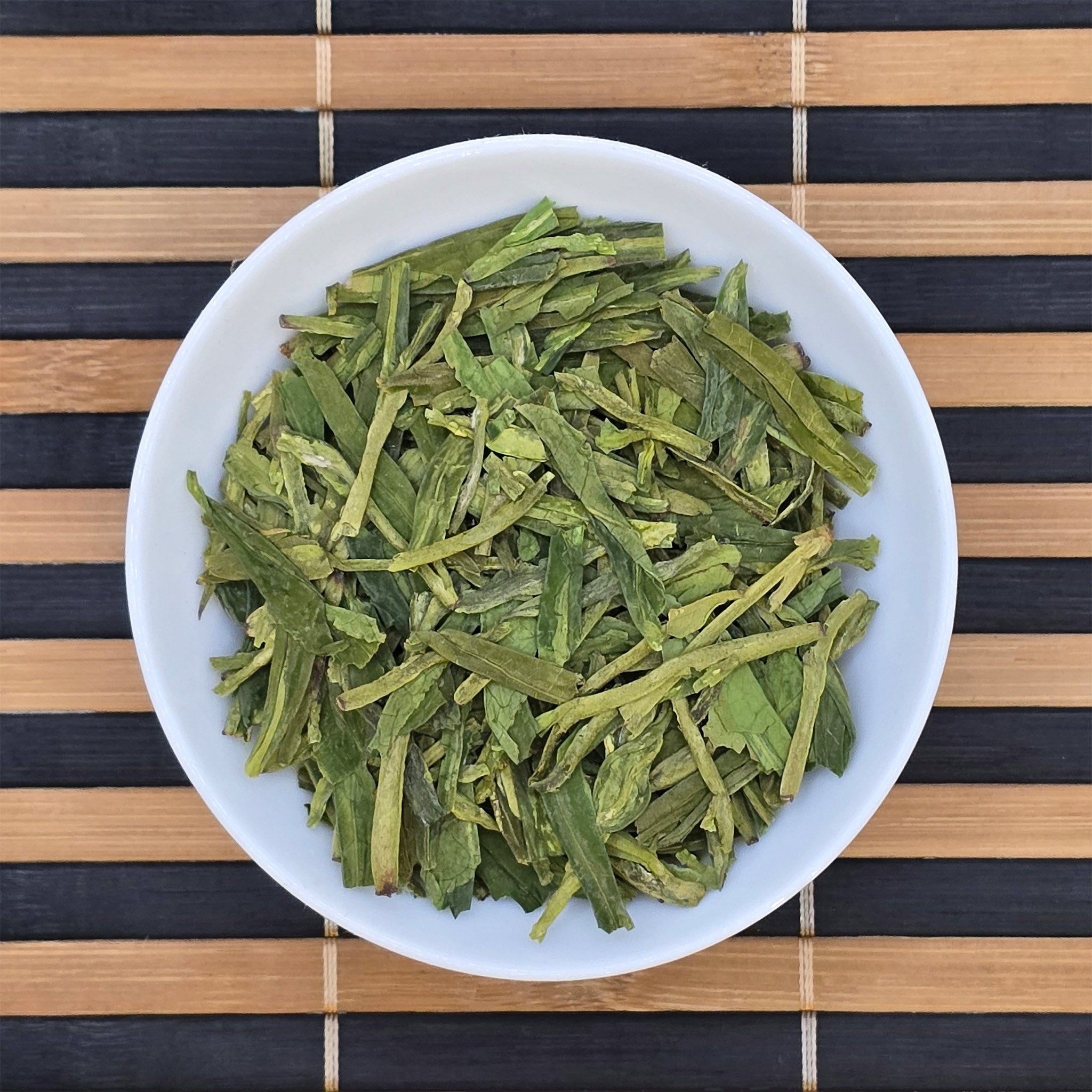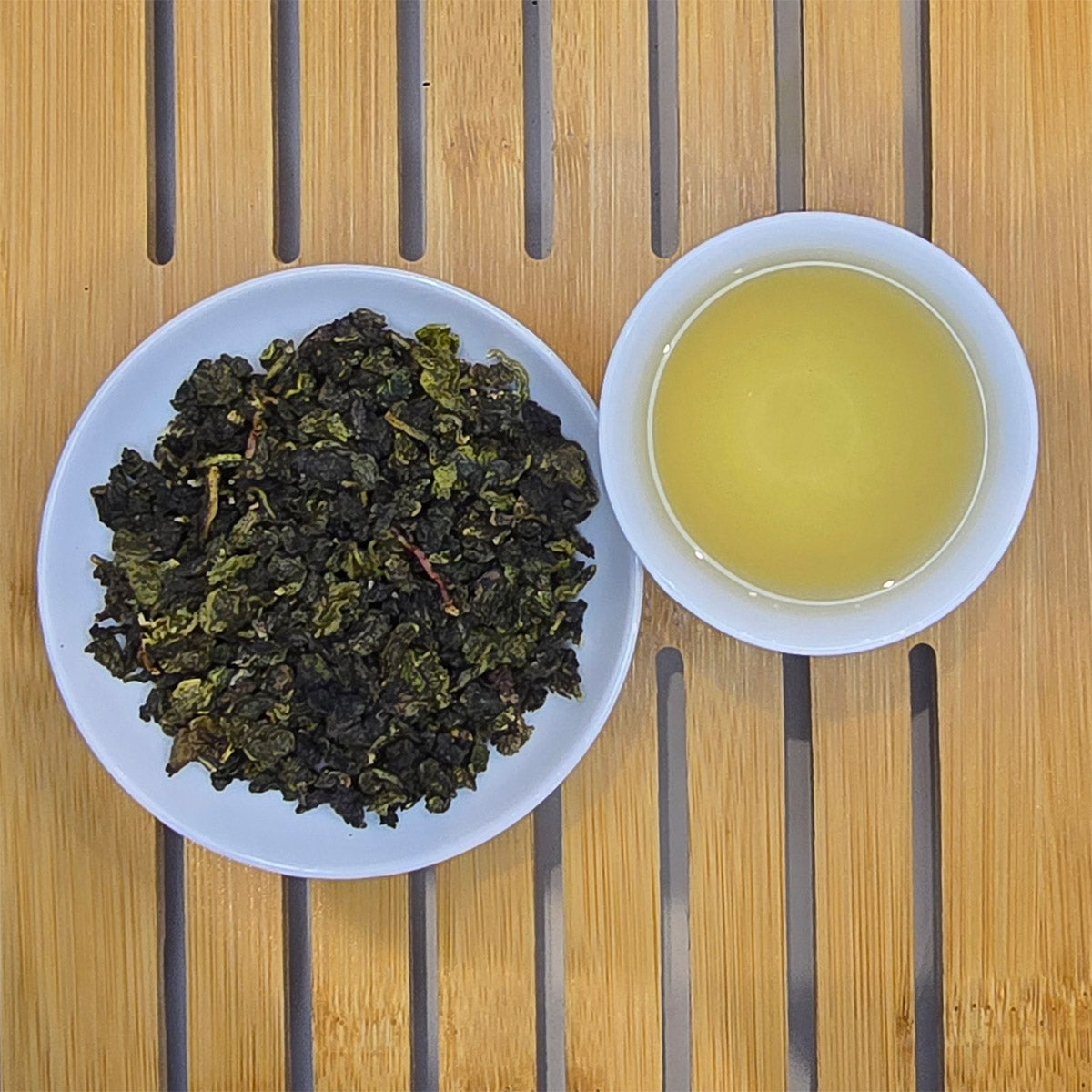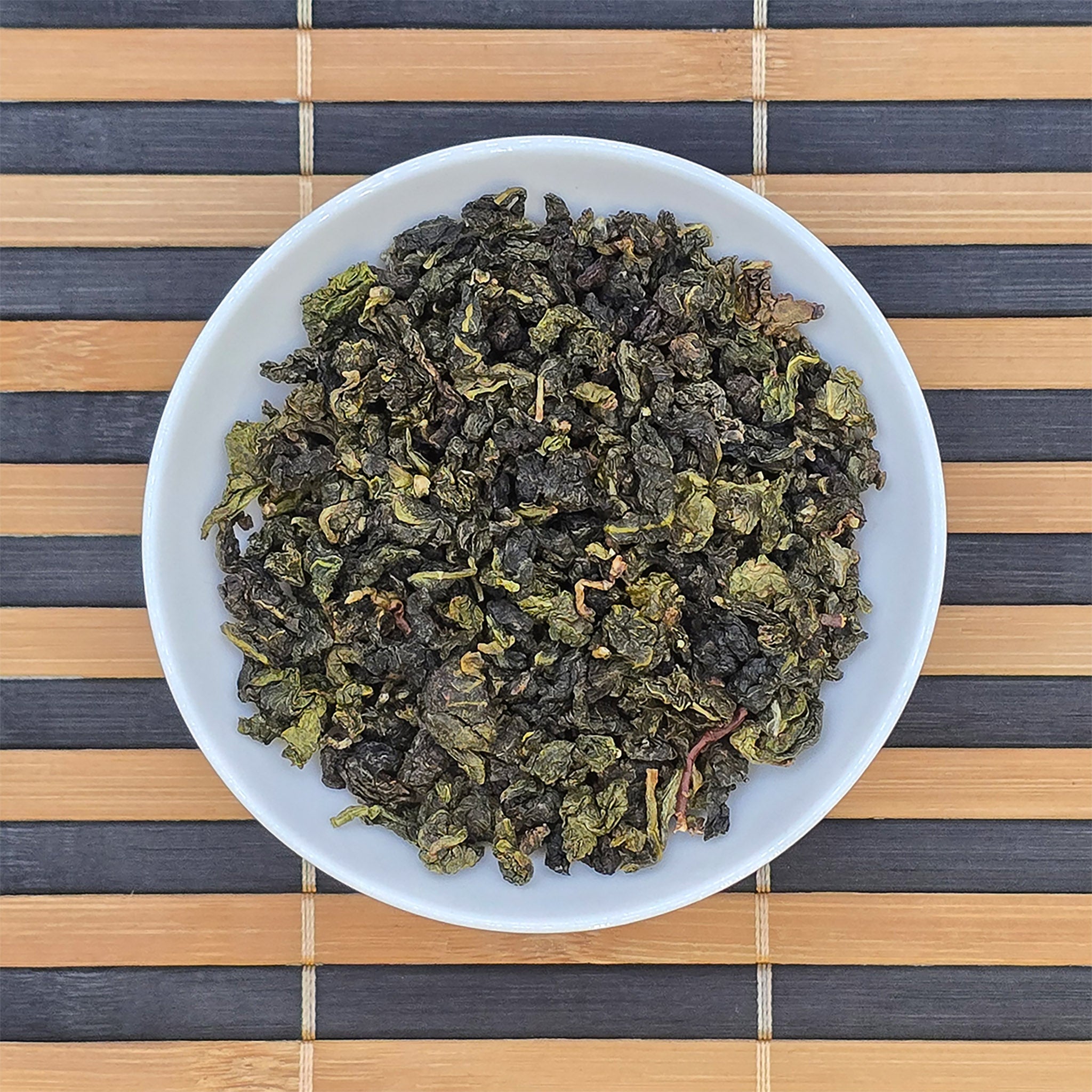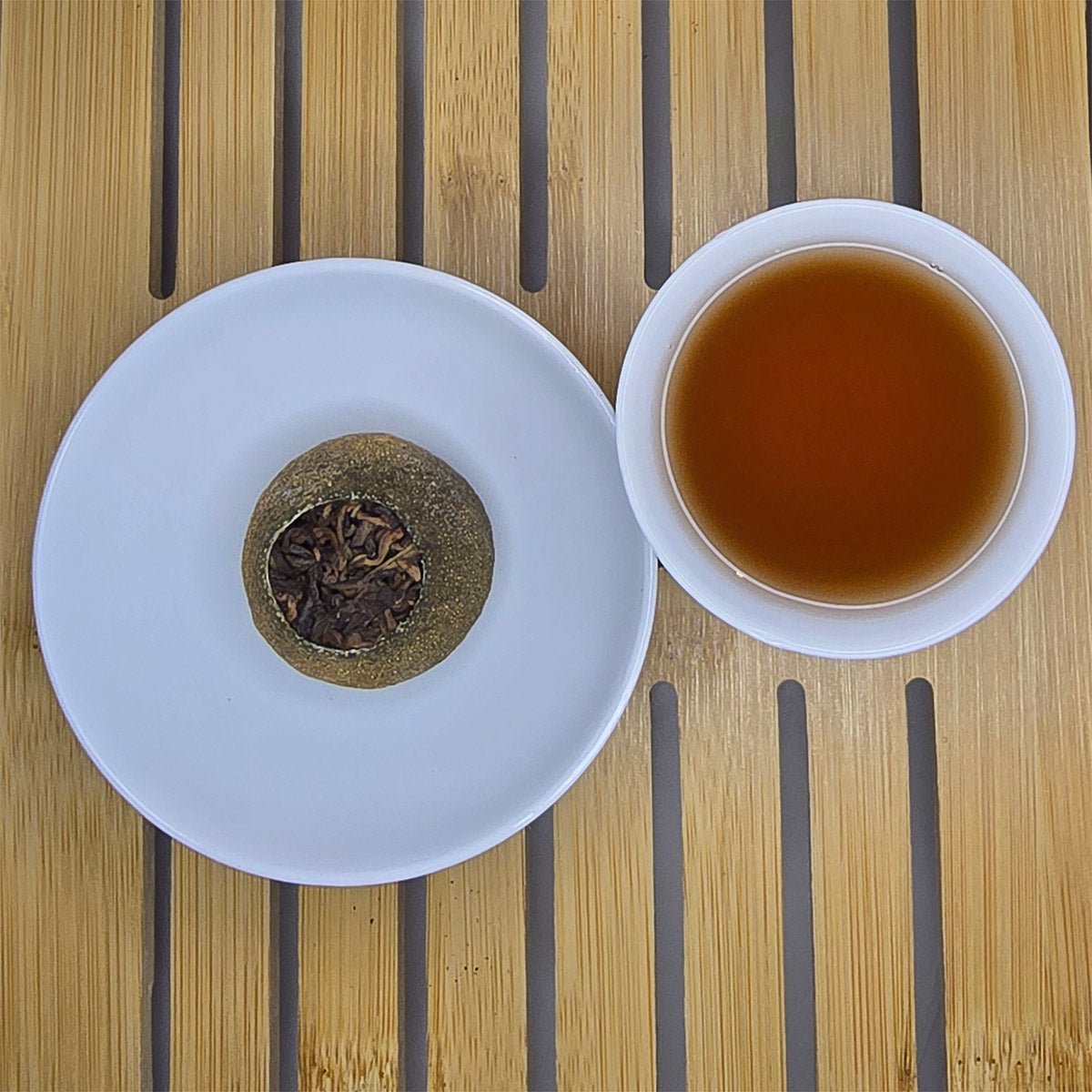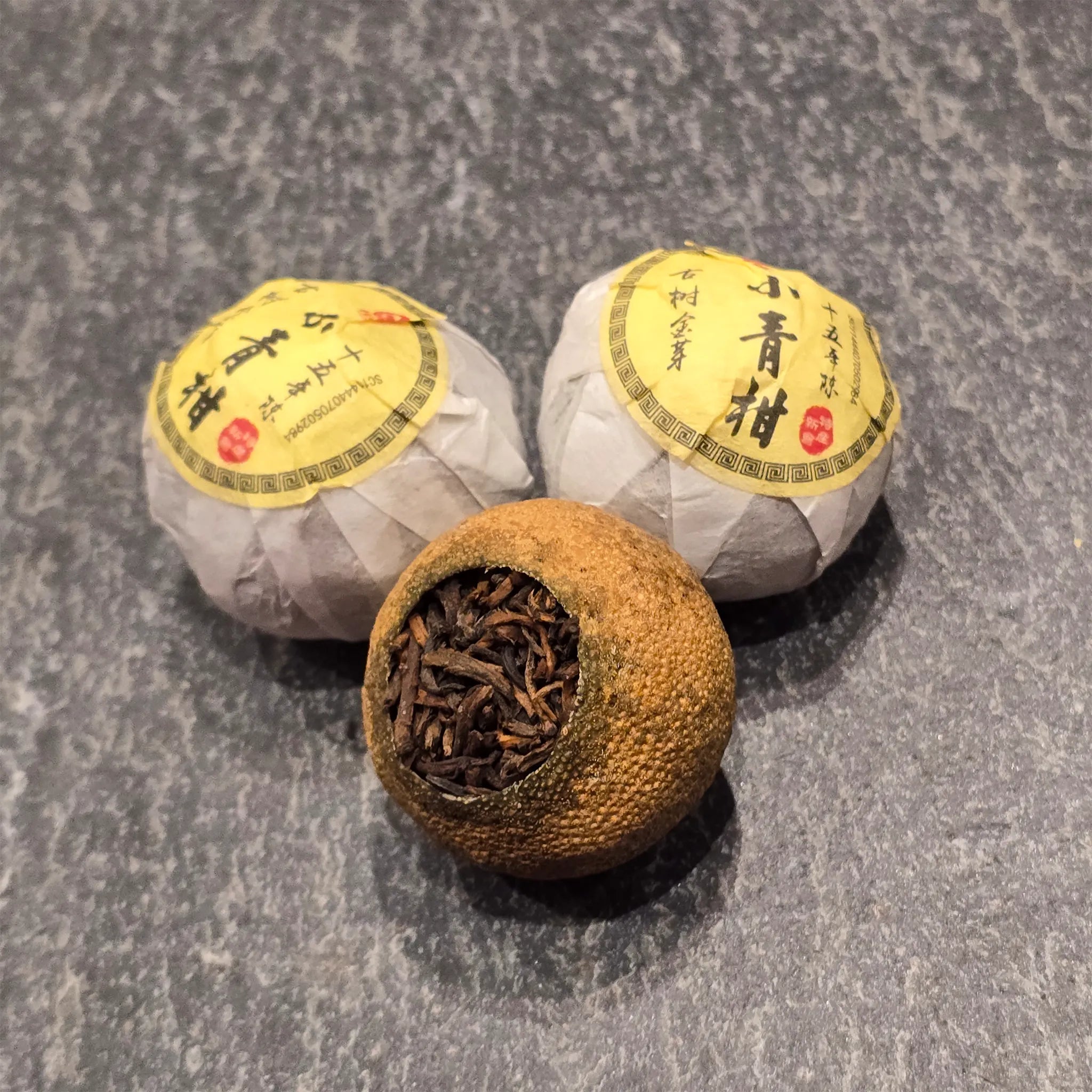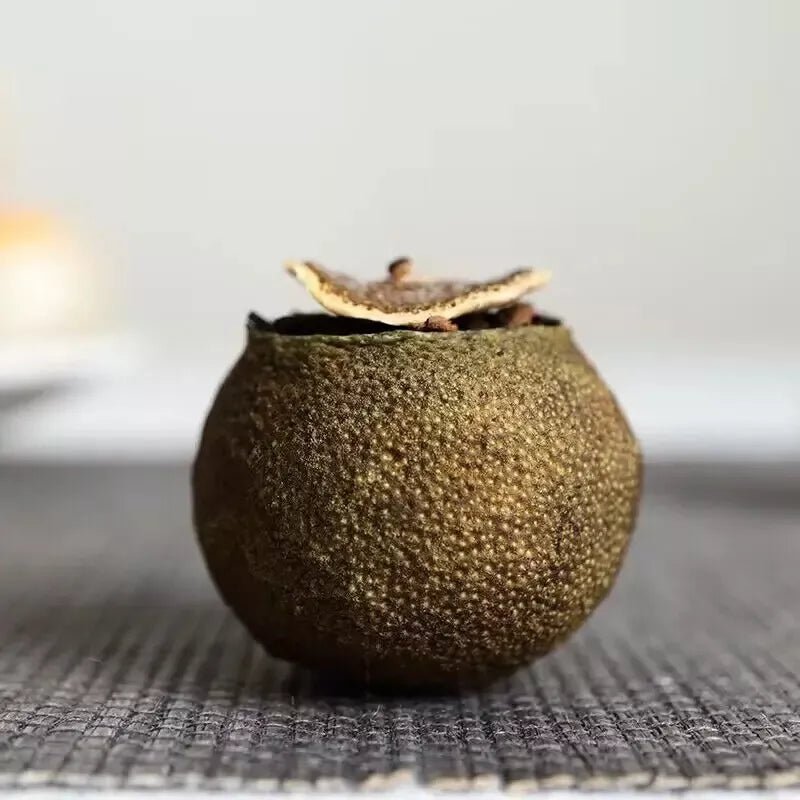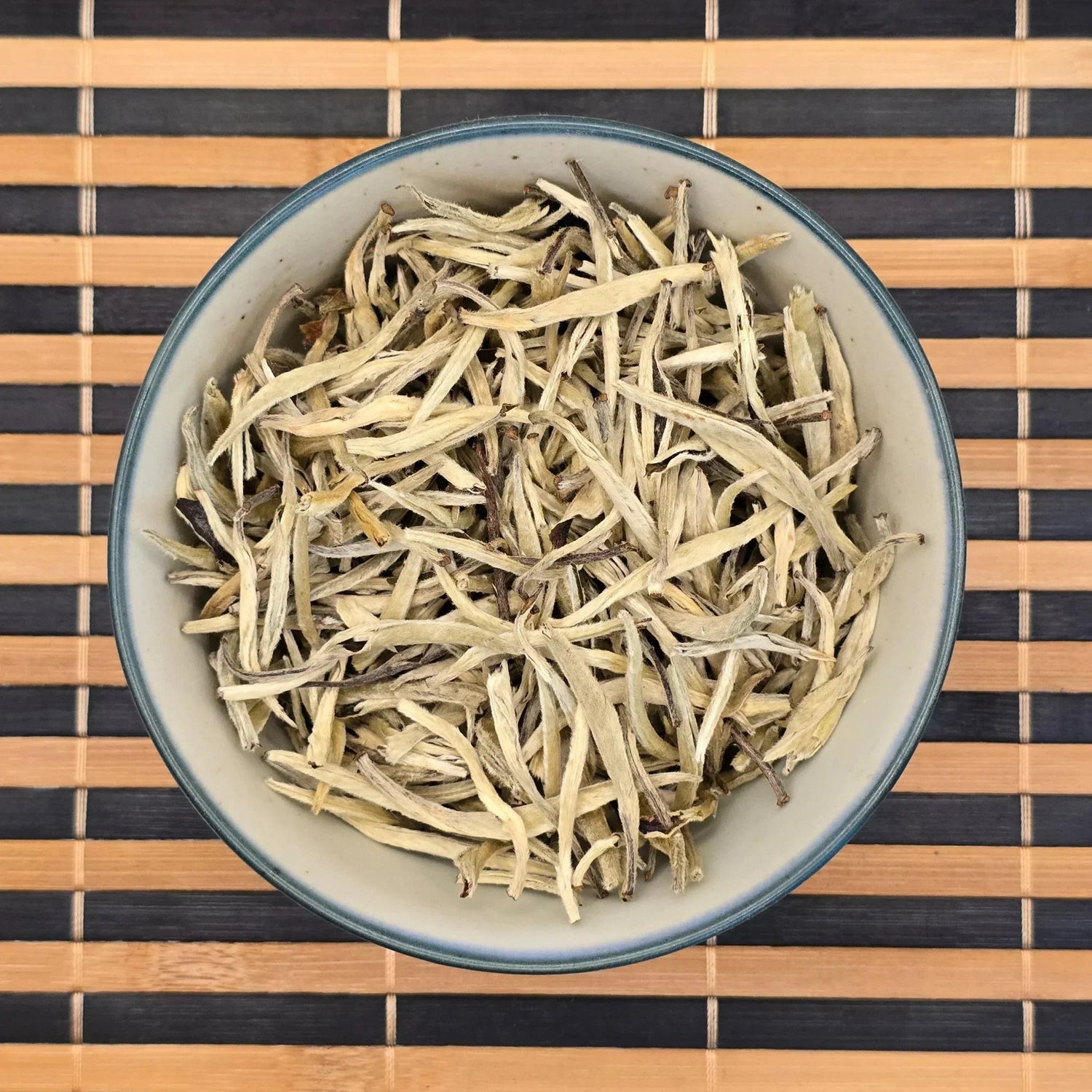Can You Drink Tea While Fasting? A Complete Guide
Fasting, especially intermittent fasting (IF), has exploded in popularity as a tool for weight loss, metabolic health, and longevity. But if you’re new to fasting, you may wonder: Can you drink tea while fasting? Will a cup of green tea, black tea, or herbal infusion break your fast, or can it enhance fasting benefits?
This guide explores which teas are safe during fasting, how they affect your fast, the science behind tea’s impact on insulin and autophagy, and the best ways to drink tea while maintaining your fasting goals.

1. Does Tea Break a Fast?
The simple answer: Plain tea without milk, sugar, or sweeteners does not break a fast.
Tea, whether black, green, white, oolong, or most herbal varieties, contains virtually zero calories and negligible nutrients. That means drinking unsweetened tea typically does not raise insulin levels or trigger digestion, both key markers of remaining in a fasted state.
Why Zero Calories Matter
- Fasting benefits (fat burning, ketosis, autophagy) rely on low insulin and low calorie intake.
- A standard cup of plain brewed tea has 0–2 calories, so it doesn’t disrupt fasting physiology.
- Adding milk, cream, honey, or sugar will break your fast by adding calories and glucose.
Bottom line: Plain tea is fasting-friendly; sweetened or creamy tea is not.
2. Benefits of Drinking Tea During Fasting
Far from just being “allowed,” tea can enhance fasting in several ways:
2.1 Appetite Suppression
Tea contains compounds like catechins (in green tea) and polyphenols that may help reduce hunger and make fasting easier.
2.2 Increased Fat Burning
Caffeine and catechins in black and green tea may boost thermogenesis (calorie burning) and fat oxidation — complementing fasting’s natural fat‑burning effects.
2.3 Improved Focus and Energy
Mild caffeine levels can fight fatigue and brain fog during longer fasts without the crash of sugary drinks.
2.4 Antioxidant and Anti‑Inflammatory Effects
Polyphenols in tea help combat oxidative stress, supporting overall cellular health during fasting.
2.5 Enhanced Autophagy (Cellular Repair)
While research is still emerging, tea polyphenols, especially EGCG from green tea, may synergise with fasting‑induced autophagy, promoting detox and longevity.
3. Types of Tea and Fasting: What’s Safe?
3.1 Black Tea and Pu'er
- Caffeine content: Moderate (40–70 mg per cup)
- Fasting effect: Safe when unsweetened
- Benefits: Supports alertness, may aid fat oxidation
3.2 Green Tea
- Caffeine content: Mild (25–45 mg per cup)
- Fasting effect: Safe; rich in EGCG
- Benefits: Enhances metabolic health, supports autophagy
3.3 White Tea
- Caffeine content: Low (15–30 mg per cup)
- Fasting effect: Safe; delicate antioxidants
- Benefits: Gentle on stomach, mild appetite control
3.4 Oolong Tea
- Caffeine content: Moderate
- Fasting effect: Safe; hybrid benefits of black/green
- Benefits: May assist fat metabolism
3.5 Herbal Teas (Chamomile, Peppermint, Rooibos)
- Caffeine content: Naturally caffeine‑free
- Fasting effect: Safe if pure (no fruit pieces or sweeteners)
- Benefits: Soothing, can aid digestion and reduce stress
Avoid: Fruit‑infused herbal teas with dried fruit or natural sweeteners; they may add calories and spike insulin.
4. Does Caffeine Affect Fasting?
Caffeine itself does not break a fast, but it affects individuals differently:
- Pros: Boosts fat burning, suppresses appetite, enhances energy
- Cons: Can trigger jitters, increased heart rate, or digestive upset if consumed on an empty stomach
Tip: Start with mild caffeine teas like green or white tea if new to fasting.
5. What About Tea Additives? (Milk, Sugar, Sweeteners)
5.1 Milk or Cream
- Even a splash of milk (~20–30 calories) breaks a fast.
- Milk proteins (casein, whey) stimulate insulin and digestion.
5.2 Sugar or Honey
- Any sugar or caloric sweetener instantly breaks your fast.
- Even small amounts spike blood glucose and insulin.
5.3 Artificial Sweeteners
Zero‑calorie sweeteners (sucralose, aspartame, stevia) are controversial:
- Some studies suggest they may still trigger an insulin response or increase cravings.
- To maximise fasting benefits, avoid sweeteners altogether.
6. Tea and Different Fasting Methods
6.1 Intermittent Fasting (16:8, 18:6, etc.)
- Tea is ideal during fasting windows; it helps curb hunger and maintain focus.
6.2 Extended Fasts (24–72 hours)
- Herbal teas may help maintain electrolytes and hydration (especially caffeine‑free options).
6.3 Alternate-Day Fasting
- Same principles: stick to unsweetened, plain teas for zero calories.
6.4 Religious Fasts
Rules vary:
- Ramadan: No tea allowed during daylight fasting; can drink after sunset.
- Other fasts: Check specific guidelines (tea may be allowed if unsweetened).
7. Best Teas to Drink While Fasting
- Green Tea: Fat‑burning, antioxidant‑rich
- Black Tea: Appetite control, focus boost
- Oolong Tea: Balanced energy, metabolic support
- White Tea: Mild, antioxidant
- Rooibos/Herbal Tea: Calming, caffeine‑free

8. Teas to Avoid While Fasting
- Sweetened teas (bottled, instant)
- Chai lattes, milk teas
- Flavoured teas with dried fruit or syrups
- Matcha lattes with milk or sweeteners (matcha itself is okay plain)
9. Tips for Drinking Tea During Fasting
- Drink it plain, no milk, sugar, or cream
- Choose organic teas to avoid pesticides/contaminants
- Limit caffeine if sensitive; stick to herbal or white teas
- Avoid excessive brewing time to prevent bitterness and stomach upset
- Stay hydrated with water alongside tea
10. Tea and Autophagy: The Science
Autophagy is your body’s cellular recycling process, fasting’s key longevity benefit. Research suggests compounds like EGCG in green tea may:
- Promote autophagy and apoptosis (cellular clean‑up)
- Reduce oxidative damage
- Support metabolic pathways linked to longevity
11. Common Myths: Tea and Fasting
- “All tea breaks a fast” → False (plain tea does not)
- “Decaf tea is better” → Not necessarily; caffeine benefits fasting too
- “Fruit teas are safe” → Only if free of actual fruit pieces or sugars
- “Stevia is always okay” → Some experts avoid it due to possible insulin response
12. Frequently Asked Questions
Does green tea break autophagy?
No, green tea appears to enhance autophagy rather than inhibit it.
Can I drink tea during water fasting?
Yes, plain tea is considered water‑fast‑friendly (no calories, no additives).
Is tea better than coffee while fasting?
Both are fine; tea has less caffeine and may be gentler on the stomach.
Can I add lemon to tea while fasting?
A small squeeze of lemon juice (~1–2 calories) likely won’t break a fast, but avoid large amounts or sweetened lemon.
13. Quick Reference Table
| Tea Type | Safe While Fasting? | Notes/Benefits |
|---|---|---|
| Black Tea | Yes | Boosts energy, appetite control |
| Green Tea | Yes | Antioxidant, fat burning |
| White Tea | Yes | Gentle, low caffeine |
| Oolong Tea | Yes | Balanced metabolism support |
| Herbal (Chamomile, Peppermint, Rooibos) | Yes | Caffeine-free, calming |
| Milk Tea / Sweetened Tea | No | Breaks fast (calories, insulin) |
Final Thoughts
Can you drink tea while fasting? Absolutely, as long as it’s plain and unsweetened. Tea can support fasting goals by curbing hunger, boosting fat burning, and enhancing mental clarity. Choose green, black, white, or herbal teas; avoid milk, sugar, and sweeteners for maximum benefits. Pair your tea with plenty of water and listen to your body to maximise fasting results.


